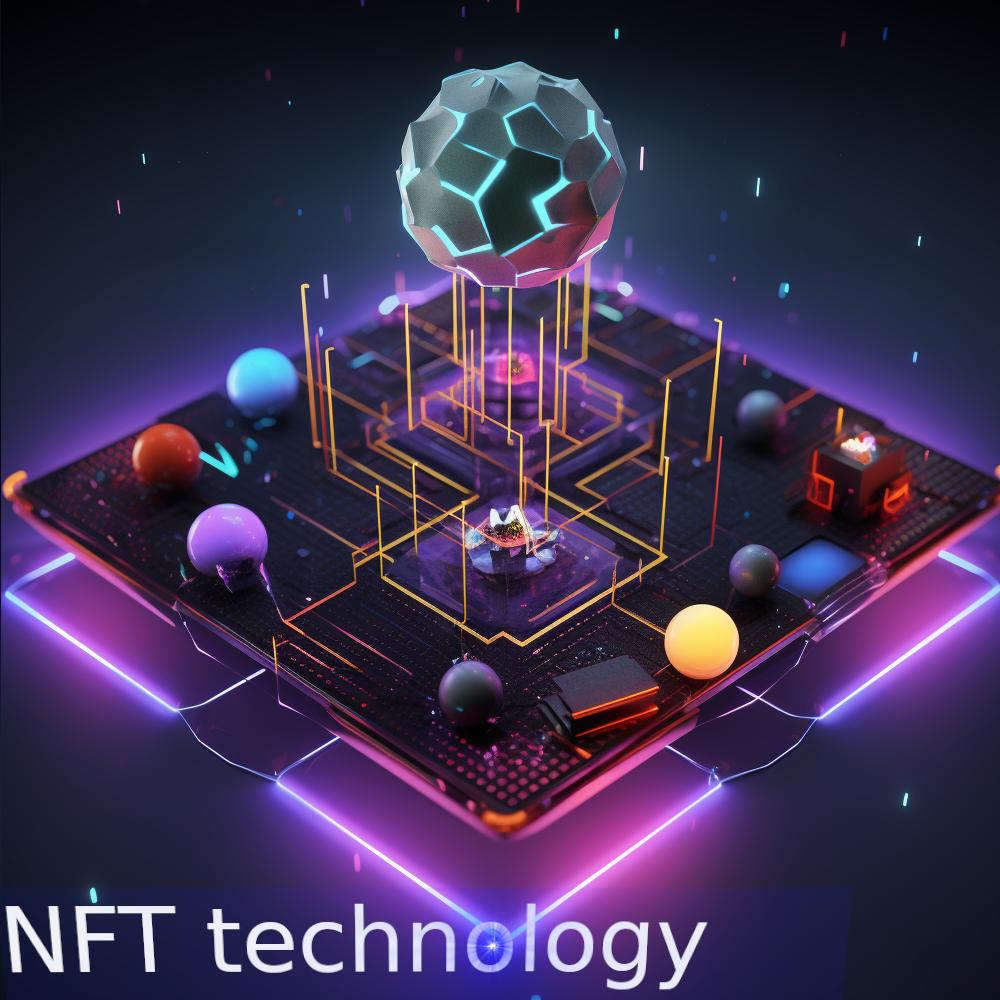








NFT stands for "Non-Fungible Token." It's a digital asset that represents ownership or proof of authenticity of a unique item or piece of content using blockchain technology. NFTs have gained significant attention and popularity in recent years, especially in the world of art, collectibles, gaming, and digital content. Here's a detailed explanation of what NFTs are:
1. Non-Fungibility:
The term "non-fungible" means that each NFT is distinct and unique, unlike cryptocurrencies like Bitcoin or Ethereum, which are fungible and can be exchanged on a one-to-one basis.
NFTs are used to represent ownership or proof of authenticity for one-of-a-kind digital or physical items, such as digital art, music, videos, virtual real estate, virtual items in video games, collectibles, and more.
2. How NFTs Work:
NFTs are typically created, bought, and sold on blockchain platforms that support the creation of these tokens, with Ethereum being one of the most commonly used blockchains.
When an NFT is created, it is recorded on the blockchain, which is a decentralized and immutable ledger. This record includes metadata that describes the unique item, its ownership history, and other relevant details.
The ownership of an NFT is stored as a cryptographic token that can be transferred between users. Owning an NFT means owning a unique digital certificate of ownership for the associated item.
3. Characteristics of NFTs:
Uniqueness: Each NFT represents a one-of-a-kind item, making it distinguishable from any other NFT or token.
Indivisibility: NFTs cannot be divided into smaller units. They are bought, sold, and owned as a whole.
Ownership and Provenance: NFTs provide a transparent and verifiable record of ownership and transaction history on the blockchain, allowing owners to prove the authenticity and provenance of their items.
4. Use Cases and Applications:
Digital Art: NFTs have become especially popular in the art world. Artists can tokenize their digital artwork, allowing collectors to purchase and own the original digital file or a representation of it.
Collectibles: NFTs are used to create and trade virtual collectibles in various forms, such as trading cards, virtual pets, and virtual goods in video games.
Music and Entertainment: Musicians and content creators can sell NFTs for exclusive access to music, videos, or experiences.
Virtual Real Estate: In virtual worlds and metaverse platforms, users can buy and own virtual real estate parcels as NFTs.
Gaming: NFTs are used for in-game items, characters, skins, and other assets that players can own, trade, or sell.
5. Value and Ownership:
NFTs derive their value from factors like scarcity, demand, historical significance, and the reputation of the creator.
Owning an NFT does not necessarily grant copyright or intellectual property rights to the underlying content, but it often includes the right to display, sell, or transfer the item.
6. Challenges and Considerations:
Environmental Concerns: The energy-intensive nature of blockchain networks, especially Ethereum, has raised concerns about their environmental impact.
Legal Issues: The legal status and intellectual property rights associated with NFTs are still evolving, and disputes may arise.
Market Volatility: The NFT market can be highly speculative, with prices subject to rapid fluctuations.
In summary, NFTs are unique digital assets that use blockchain technology to represent ownership, authenticity, and provenance of one-of-a-kind digital or physical items. They have found applications in art, logos, collectibles, gaming, and entertainment, with a growing interest from both creators and collectors. However, they also come with challenges and considerations related to environmental impact, legal issues, and market dynamics.

We use cookies
We use cookies and other tracking technologies to improve your browsing experience on our website, to show you personalized content and targeted ads, to analyze our website traffic, and to understand where our visitors are coming from. Privacy Policy.
